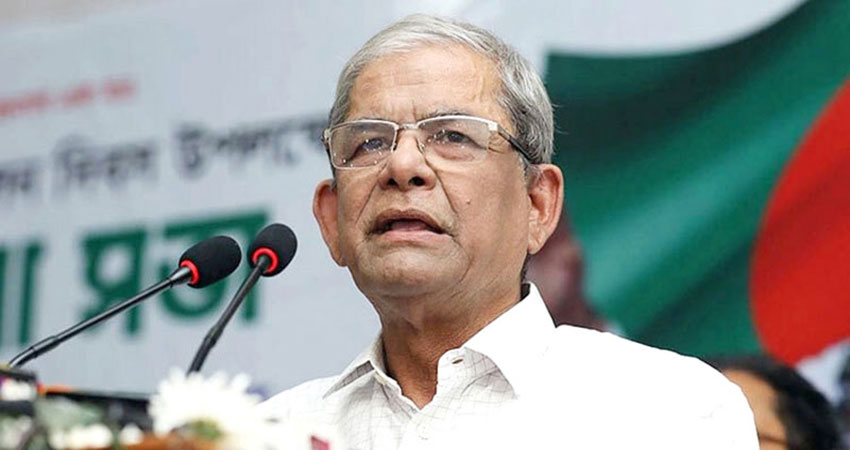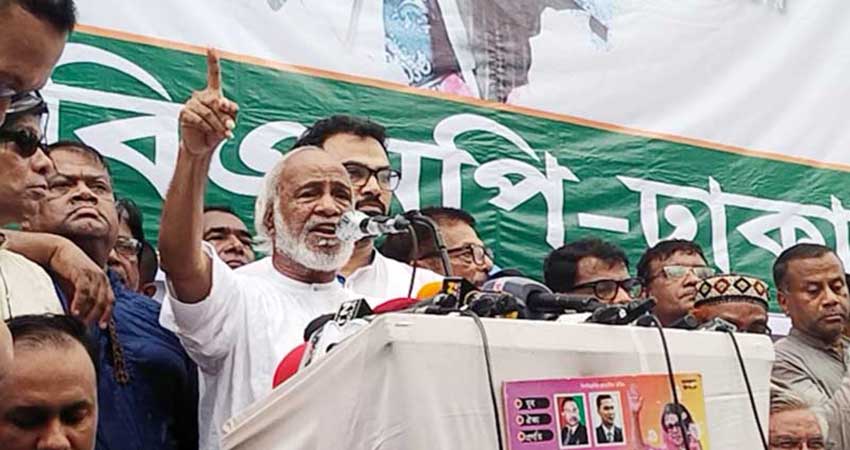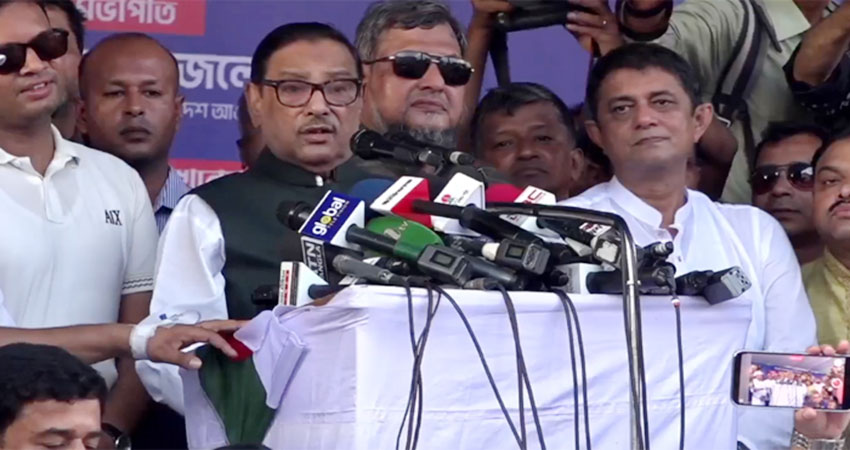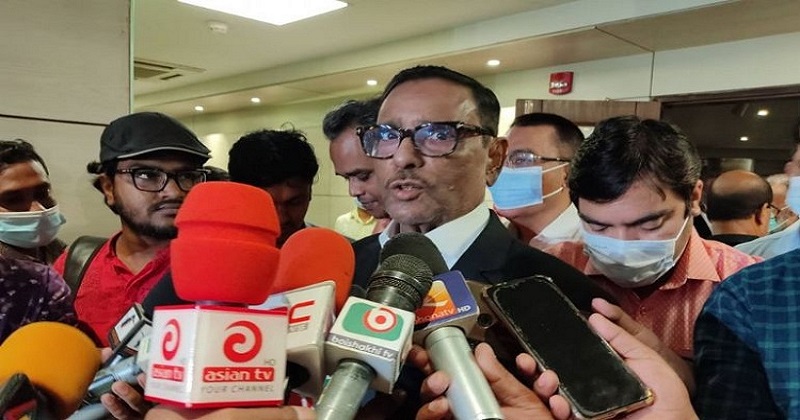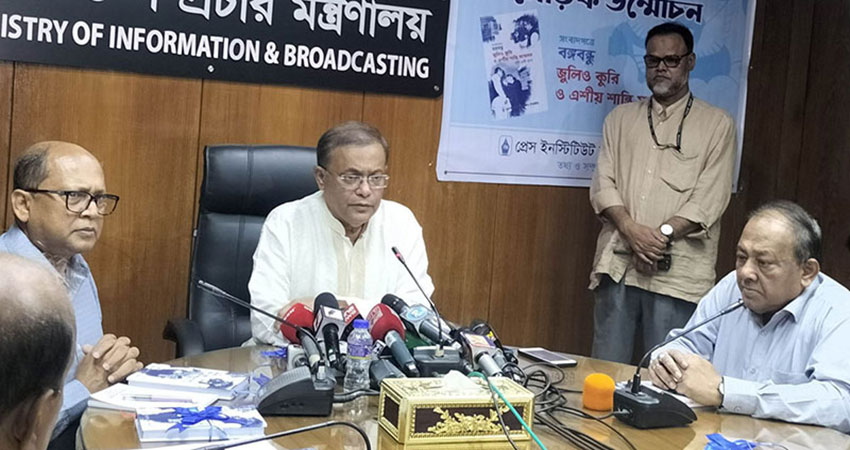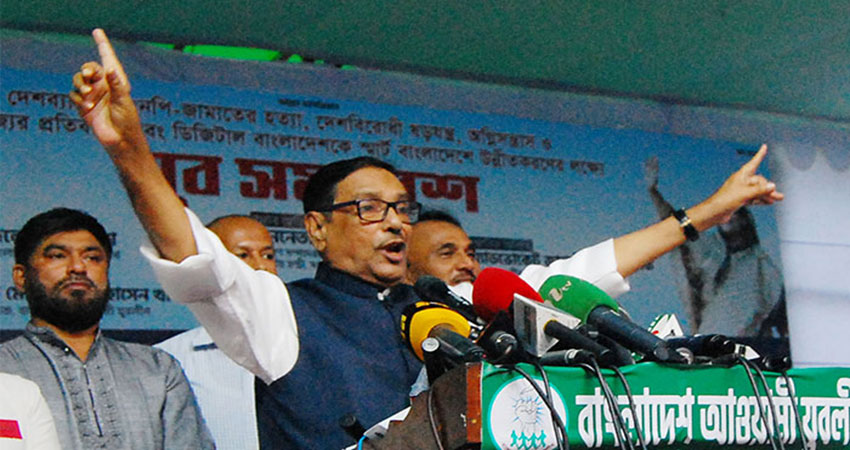BNP Secretary General Mirza Fakhrul Islam Alamgir has expressed concern saying that the government is actively attempting to hold yet another lopsided election in the country.
"Countrymen are living in suffocation situations where bloodshed has become a regular thing. The government is mercilessly destroying all democratic institutions in the country to wipe out the last traces of multi-party democracy. They have once again launched a full-scale effort to hold a one-sided election," he said in a statement on Wednesday (5 July).
The statement was issued to protest the recent attack on Srimat Dharma Jyoti Bhikkhu, the principal of Morichya Sravasti Buddhist Vihar in Ukhiya, Cox's Bazar. The religious preacher was stabbed by terrorists and left in a gory state on Sunday (2 July).
According to Fakhrul, the government has failed to provide security to the people and their property, regardless of their religious or social background, as well as their right to free movement.
"The country is trapped in a vicious cycle of terror, with the government resorting to violent means to maintain control and instil fear among the people due to a lack of public support," he said.
Fakhrul also claimed that the deadly attack on the Buddhist monastery head is a well-planned incident, suggesting that such physical harm to a respected religious figure is only possible under the current regime.
"The Awami government has incorporated violence and bloodshed in their party manifesto turning conflicts into a political agenda," he added while wishing a speedy recovery for the injured cleric.
In his statement, Fakhrul called for the arrest and exemplary punishment of the attackers, emphasising the need to restore peace, order, and the status of public society.
He urged all pro-democracy individuals, regardless of party affiliation, to unite on the streets and raise their voices to build a genuine democracy-oriented political future for the country.
Mirza Fakhrul concluded by highlighting the detrimental consequences of the last fourteen years, including forced disappearances, killings of opposition leaders and activists, curtailment of freedom of expression and speech, and the suppression of credible, fair, free, and participatory elections, tarnishing Bangladesh's global image and pushing the nation towards a path of violent authoritarianism.

